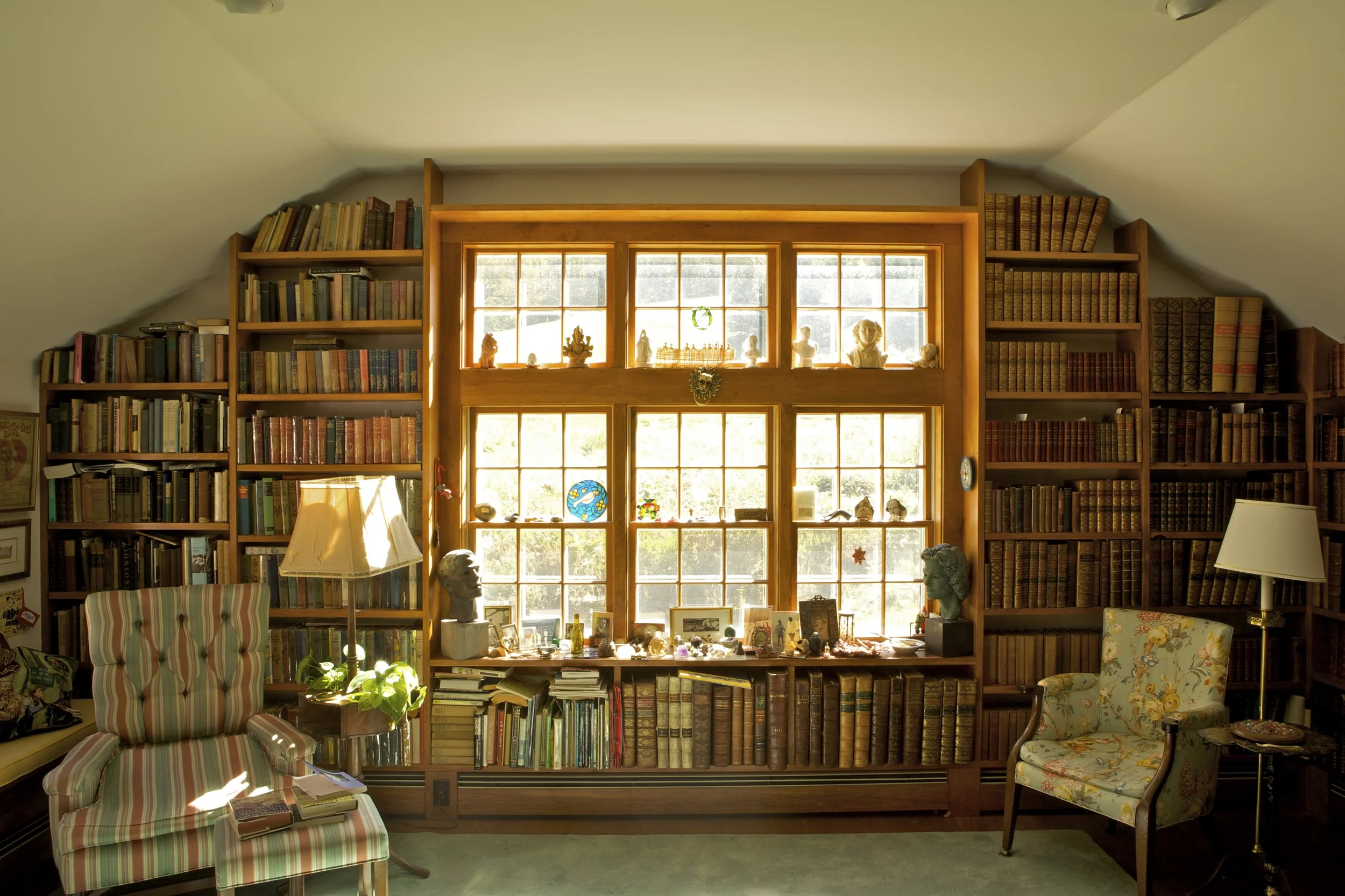A BRITISH FILM that came out of World War II has a scene in it showing a couple of air-raid wardens sitting out on the roof of a building in London during the blitz. It is night and enemy planes are overhead. Bombs are falling and much of the city is in flames. There are the sounds of antiaircraft guns and sirens. Then, during a lull, one of the men turns to the other and recites a speech of Caliban's out of The Tempest:
Be not afear'd: this isle is full of noises,
Sounds and sweet airs, that give delight and hurt not:
Sometimes a thousand twangling instruments
Will hum about mine ears, and sometimes voices,
That, if I then had wak'd after long sleep,
Will make me sleep again: and then, in dreaming,
The clouds methought would open and show riches
Ready to drop upon me; that, when I wak'd,
I cried to dream again.
[3.2.144-55]
At the close of his career, after the period of the great tragedies, Shakespeare turned to something much closer to true fairy tales. He wrote Cymbeline, where innocence is vindicated and old enemies reconciled, and The Winter's Tale, where the dead queen turns out not to be dead at all, the lost child, Perdita, restored to those who love her. And he wrote The Tempest itself, where the same great storm of the world that drowned the Franciscan nuns aboard the Deutschland and lashed old Lear to madness and stung Job in his despair is stilled by Prospero's magic; and justice is done, and lovers reunited, and the kingdom restored to its rightful king so that in a way it is the beautiful dream of Caliban that turns out to be real and the storm of the world with all its cloud-capped towers and gorgeous palaces and solemn temples that turns out to be the insubstantial pageant that fades into thin air and leaves not a rack behind.
-Originally published in Telling the Truth

